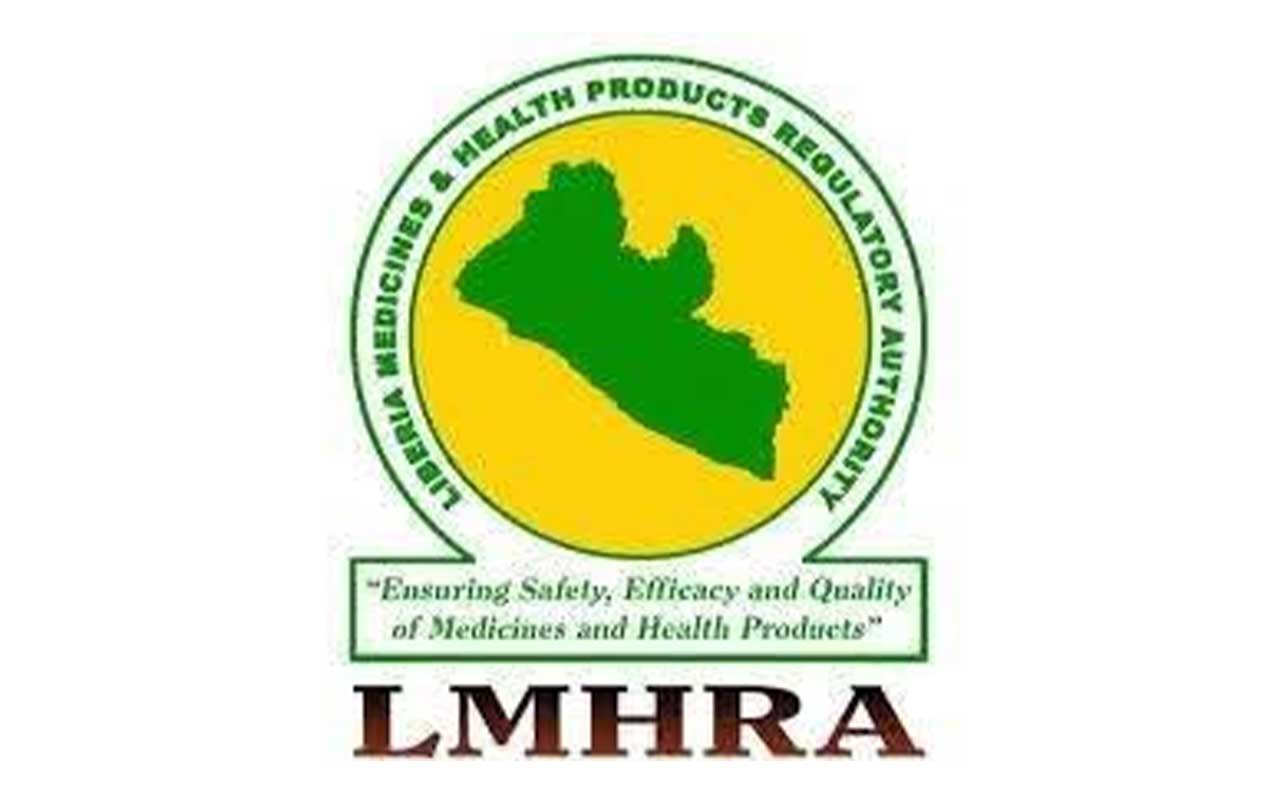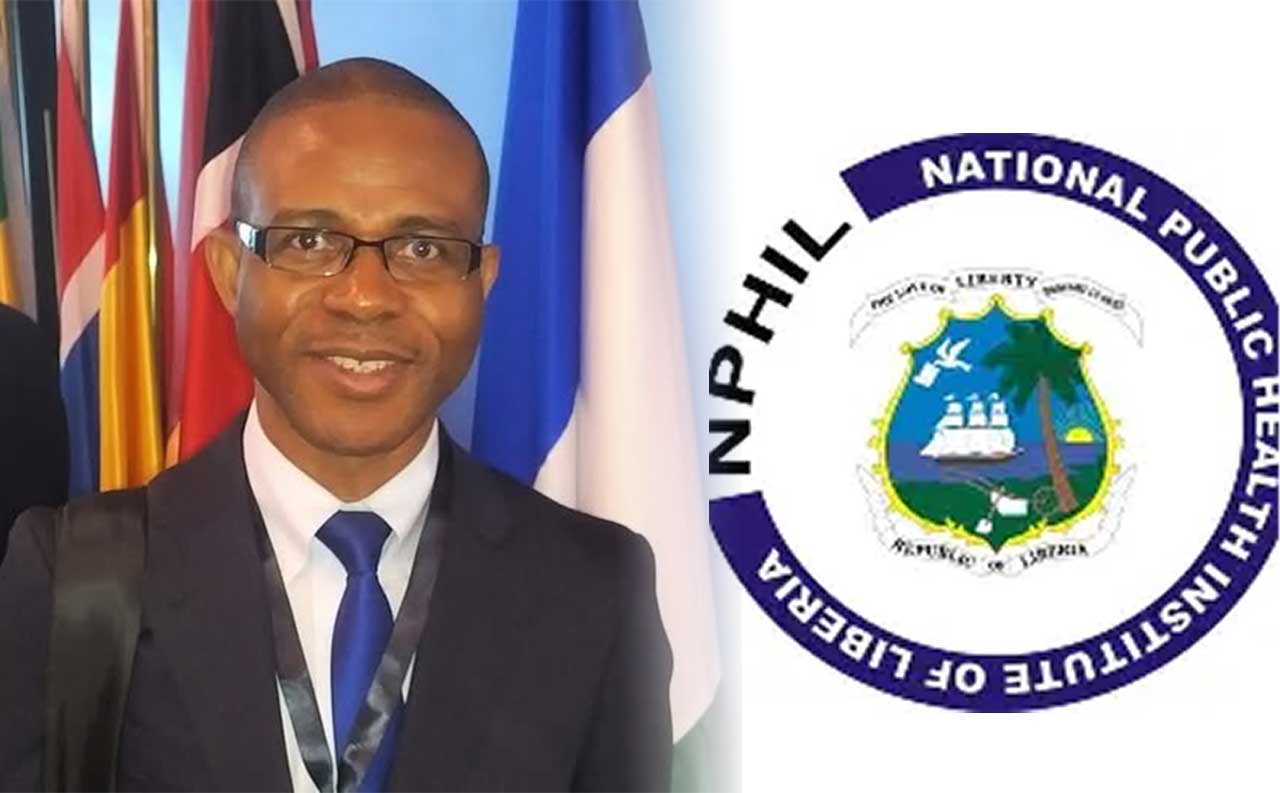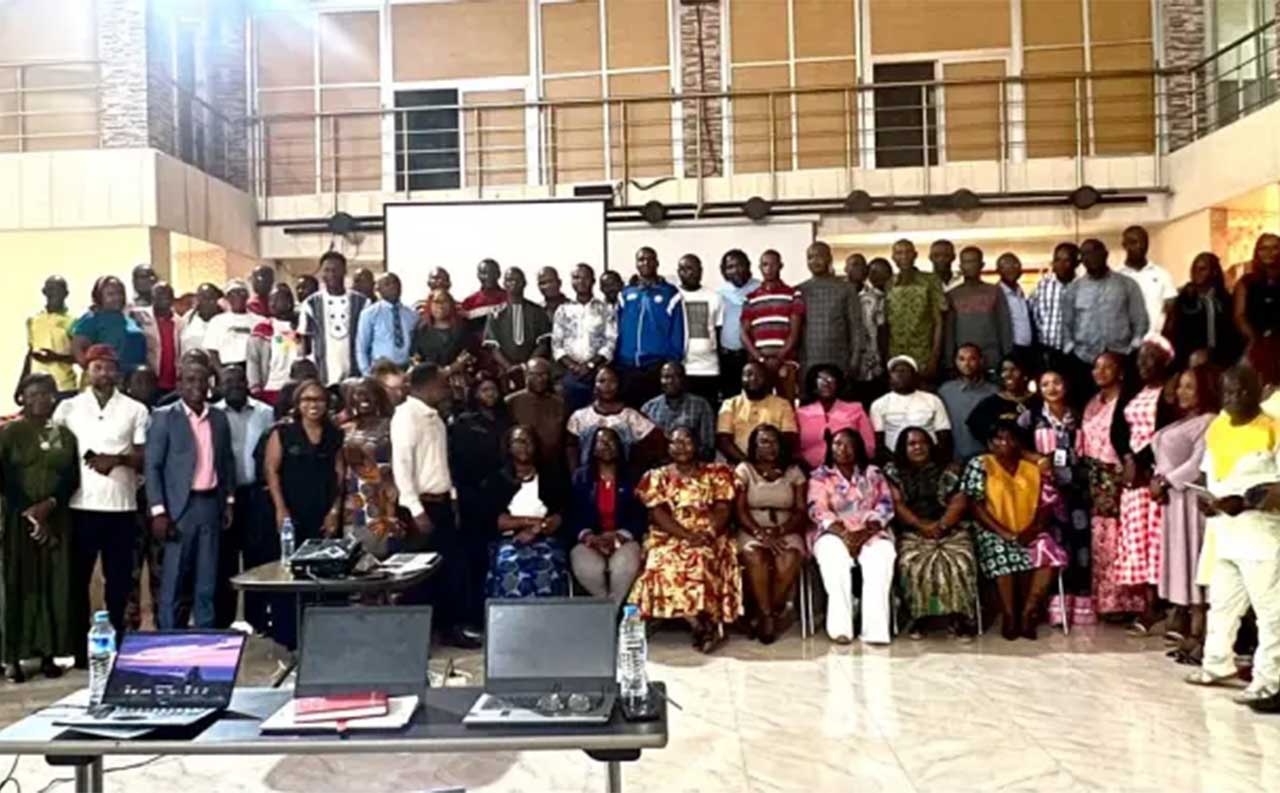The Liberia Medicines and Health Products Regulatory Authority (LMHRA) has successfully concluded a groundbreaking two-day international stakeholders’ conference. The event focused on Pharmacovigilance and Clinical Trials. The conference took place at the Ellen Johnson Sirleaf Ministerial Complex in Congo town recently under the Theme: “Safety Monitoring and Clinical Trial Oversight in Emerging Regulatory System”.
Deputy Minister for Planning & Policy at the Ministry of Health, Malayah Tamba Cheiyo, who serves as a proxy for Health Minister Dr. Louise Kpoto, described pharmacovigilance as a cornerstone of patient safety and clinical research integrity.
He underscored the importance of a robust system, a combination of real-world evidence, and the use of digital tools such as artificial intelligence and mobile health technologies to strengthen drug safety monitoring in Liberia. According to him, the conference served as a platform for recommitting to continental initiatives such as the African Medicines Agency (AMA) and the World Health Organization’s (WHO) regulatory benchmarking framework.
In his opening remarks, LMHRA Managing Director Luke Bawo welcomed participants and announced the LMHRA’s upcoming “track and trace” program for medical products.
He also disclosed plans to upgrade LMHRA’s quality control laboratory and strengthen collaboration with lawmakers and the Ministry of Health. Dr. Bawo commended participants and partners, including representatives of the World Health Organization (WHO), Africa CDC, and the regional drug regulatory bodies for making the program a success.
Dr. Ejekam Stella CHIOMA, a representative from the WHO’s Regional Office for Africa (AVAREF), emphasized the organization’s role in harmonizing regulatory processes and supporting joint clinical trial reviews. Regulatory bodies from Nigeria (NAFDAC) and Ghana (FDA) shared best practices in pharmacovigilance, including the introduction of bioequivalence standards for generic drugs and the use of digital platforms for clinical trial applications. Delegates from Sierra Leone, Rwanda, and The Gambia discussed both resource constraints and opportunities for deeper collaboration in regulatory science.
Speakers collectively noted that Africa, despite its population of over 1.4 billion, hosts less than 3% of global clinical trials. This disparity, they argued, underscores the urgent need for investment in infrastructure, human capacity, and regional cooperation.
Dr. James P. Komeh of the Pharmacy Board of Sierra Leone commended Liberia’s leadership in organizing the forum, while Rwanda FDA’s Robert Rutayisire urged stakeholders to prioritize partnerships that promote accountability and patient-centered approaches in clinical trials.
Meanwhile, the Chairperson of the Organizing Committee, Dr. Juwe Kercula, described the conference as a landmark for the country. According to him, bringing together regulators from across the globe to discuss critical issues on medicine safety and monitoring is a major milestone for Liberia.
Kercula, at the same time, disclosed that the next phase of activities will include pharmacovigilance practice and inspection at one of Liberia’s marketing authorization holders.
‘This is the first Pharmacovigilance and Clinical Trials conference in Liberia, this is a great work that we have started by ensuring medicines safety in the country,” he continued, “we will review the guidelines of clinical trials, whoever brings medicines into this country must be responsible for safety.”
The conference was officially sponsored by the Paul-Ehrlich-Institute (PEI), Germany’s federal agency for vaccines and biomedicines. PEI’s involvement provided a platform for sharing expertise in clinical trials and pharmacovigilance oversight. PEI also sponsored the LMHRA’s first Joint Good Vigilance Practice (GVP) Inspection in the country, which lasted for three days (September 3-5, 2025) Since 2017, PEI has continued to provide support to the LMHRA to strengthen its local capacity.



